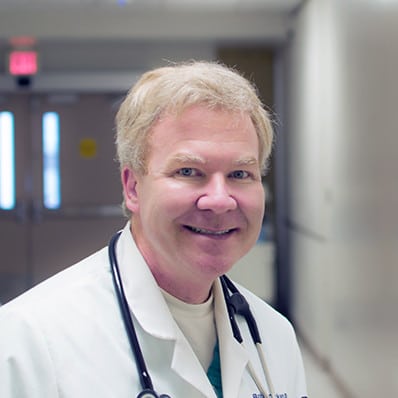Mastering Medical Emergencies: Dr. Robert Corkern’s Proven Techniques for Saving Lives
Mastering Medical Emergencies: Dr. Robert Corkern’s Proven Techniques for Saving Lives
Blog Article

When it comes to healthcare, lots of people often confuse crisis medicine with internal medicine. Equally are essential divisions of medication, but they serve very different tasks in patient care. Dr Robert Corkern Mississippi, a distinguished medical specialist, explains the main element variations between those two specialties, shedding light on their particular focuses and how each contributes to individual health. Understanding the difference between crisis medicine and central medicine will help people greater understand their healthcare wants and make knowledgeable decisions.
The Target of Disaster Medication
Disaster medication was created to offer quick, acute take care of people experiencing urgent or life-threatening conditions. Disaster physicians work in hospitals' crisis divisions (EDs), where they're usually the first point of contact for people experiencing severe injuries, strokes, center problems, or other medical emergencies. Dr. Corkern stresses that emergency medicine is focused on stabilization and rapid decision-making. Crisis physicians are qualified to deal with a wide range of medical situations, frequently with out a detailed medical history of the in-patient, and should make fast judgments based on restricted information.
The primary purpose of emergency medicine is to stop further damage, stabilize the in-patient, and start the appropriate interventions. From stress treatment to managing heart episodes or shots, emergency physicians are authorities in managing intense symptoms and providing life-saving solutions in high-pressure environments.
The Role of Central Medicine
In comparison, internal medicine centers on diagnosing and managing serious conditions and conditions that affect adults, such as for example diabetes, hypertension, and heart disease. Central medicine specialists, or internists, work with patients around a lengthy period, providing extensive attention and prevention strategies. Dr. Corkern explains that central medicine is generally concerned with the whole-body management of non-emergency medical issues. Internists often function as principal care doctors, managing schedule check-ups, handling ongoing remedies, and corresponding look after people with complicated, long-term wellness issues.
While emergency physicians handle quick problems, internists have a more holistic and long-term method of individual health. They usually perform directly with specialists in parts like cardiology, pulmonology, and nephrology to manage persistent problems and ensure that patients get matched look after numerous wellness concerns.
Education and Way of Attention
Dr. Corkern shows the differences in the training necessary for equally fields. Crisis medication involves physicians to be prepared for a broad spectrum of situations that'll require rapid, life-saving interventions. Crisis doctors are qualified to manage stress, important infection, and acute exacerbations of serious conditions. That teaching requires a heavy focus on acute treatment and advanced life-saving procedures, frequently in high-stress environments.
On one other hand, internal medication physicians undergo extensive training in the elimination, analysis, and therapy of persistent conditions. They focus on providing long-term care, often controlling a patient's medical history and matching with other specialists. The internist's approach is patient-centered, with an emphasis on long-term health maintenance and condition prevention.
When to Find Emergency Medicine or Inner Medicine
Understanding when to find disaster medicine versus central medicine could make most of the big difference in the speed and type of care an individual receives. If you're experiencing a medical emergency, such as for instance significant chest suffering, trouble breathing, or sudden loss of consciousness, the emergency room is the right place to go. Nevertheless, for constant health concerns, chronic condition management, or general health preservation, an interior medication specialist is typically the very best level of contact.
Conclusion:
Equally emergency medicine and central medication play important functions in patient treatment, but their techniques, target places, and instruction differ significantly. Dr Robert Corkern's reason provides clarity on what these specialties purpose and when each is many relevant. By knowledge the distinctions, patients may greater steer their healthcare needs and ensure they're seeking the proper form of attention at the right time. Whether experiencing a crisis or controlling a persistent condition, both specialists are essential in maintaining and increasing health.
Report this page